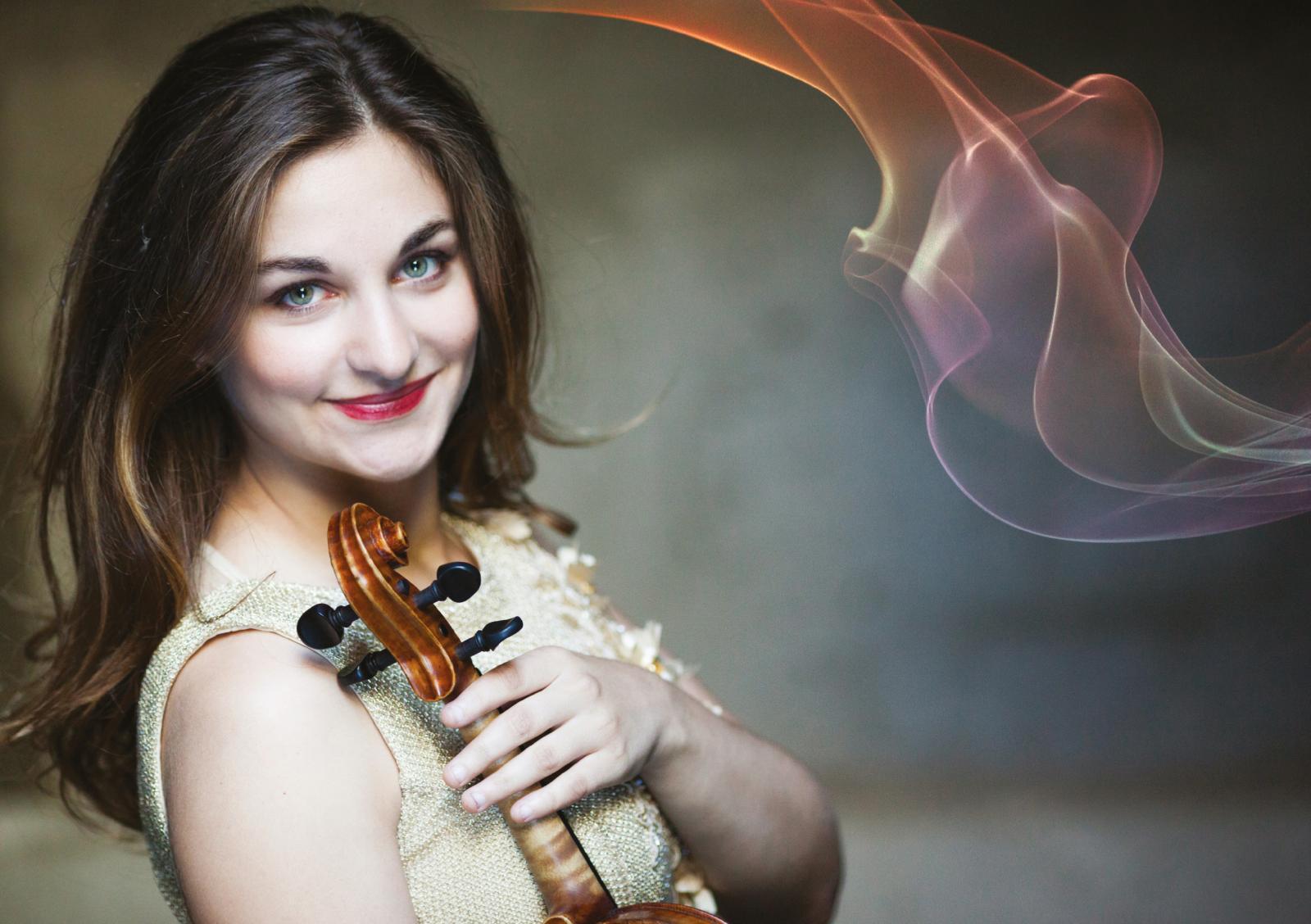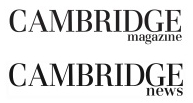
 Cambridge News, media partner for the 2016/17 Cambridge Classical Concert Series, originally published this interview with Alexandra Soumm on Tuesday, February 28. Read the full interview here.
Cambridge News, media partner for the 2016/17 Cambridge Classical Concert Series, originally published this interview with Alexandra Soumm on Tuesday, February 28. Read the full interview here.
Find out more about the concert here.
Following its sell-out appearance in last year’s Cambridge Classical Concert Series, the world renowned Philharmonia Orchestra returns to Cambridge Corn Exchange on Saturday, March 4 to perform the latest concert in this year’s series.
Conducted by Tugan Sokhiev, one of the greatest conductors of his generation, the concert features Mendelssohn’s atmospheric Hebrides Overture, Tchaikovsky’s great Symphony No. 6 (‘Pathétique’) and the centrepiece of the evening is soloist Alexandra Soumm giving a spirited performance of Bruch’s timeless Violin Concerto No. 1.
What attracted you to playing the violin?
"I come from a family of musicians. My father is a violinist, my mother a pianist. When I was five years old they just asked me which instrument I would choose, and I chose the violin, so my father became my first teacher."
What makes Bruch’s Violin Concerto No. 1 so special?
"I first started to learn the Bruch concerto as a child, and it was also the first recording I ever did, along with Paganini’s Concerto No. 1. So I have been playing this concerto for so long, and never get tired of it! It’s such a passionate, honest, and simply beautiful work. The joy that comes in the third movement stays with me – and, I hope, with the audience too – for a long, long time after the concert. Also, the one time I have worked with maestro Tugan Sokhiev, in Toulouse, we performed Bruch too, so I am really looking forward to performing this piece to the Cambridge Corn Exchange audience."
What advice would you give to any aspiring young musicians?
"My advice would be: be curious. Go listen to concerts that don’t involve your instrument. Be inspired by singers, by painters, by sculpture. Find bridges between the various kinds of arts. Enjoy theatre, and study how notes can be related to speaking and singing. Study art for colours; shape, is so important in music. And listen to everything, from Early Music right through to today’s music!"
What do you consider to be your career highlight so far?
"Playing two years at the Hollywood Bowl with the Los Angeles Phil has been incredible. The spirit of such a huge crowd (20,000 people!) is just amazing. I love diversity, so working with my charity foundation Esperanz’Arts is extremely important for me. Going to play for homeless people, for kids, in hospitals, is bringing something to the art and to ourselves that even the biggest crowd can’t give: a link. You can build a community and a truly special bond with a disabled child that will follow you for years after the performance. You need both to be a balanced person and a musician!"
What are the most important lessons that your life in music has taught you?
"To truly listen; not just hear. You have to serve the history and the composer you’re playing, so you have to be humble too: it’s not about you, but about the legacy that arrived to you, and which will be passed on to future generations."
What musical ambitions do you still have?
"My aspirations right now are to explore more of the Baroque and modern periods of music. There is so much unknown repertoire in the past, and we also need to think about the future, so working with living composers is very important."
Ahead of the 7.30pm concert on Saturday, March 4, Alexandra Soumm will also be taking part in a pre-concert talk, starting at 6pm in the Guildhall Council Chamber (opposite the Corn Exchange) where she will be in conversation with classical music expert Jonathan James.